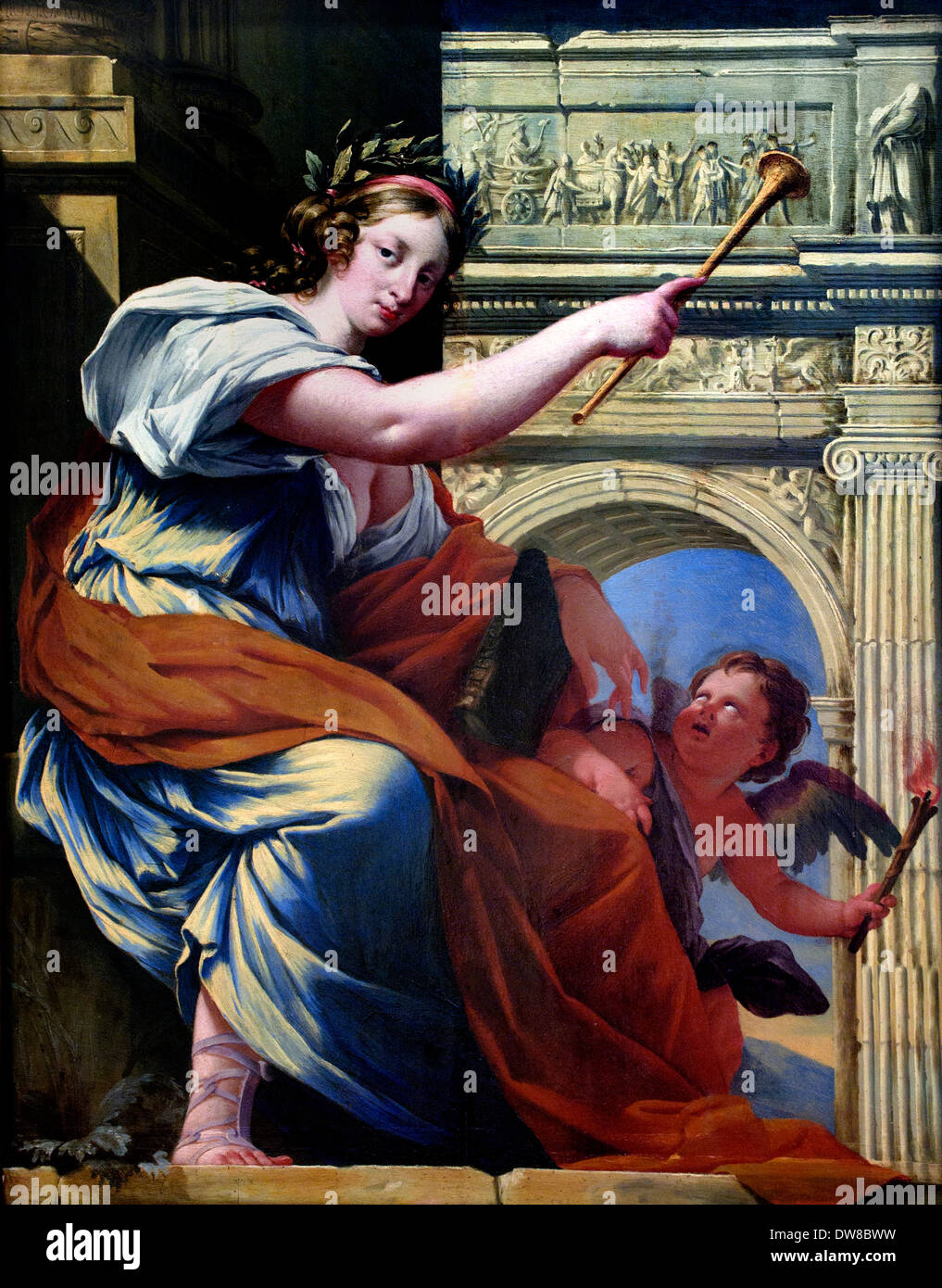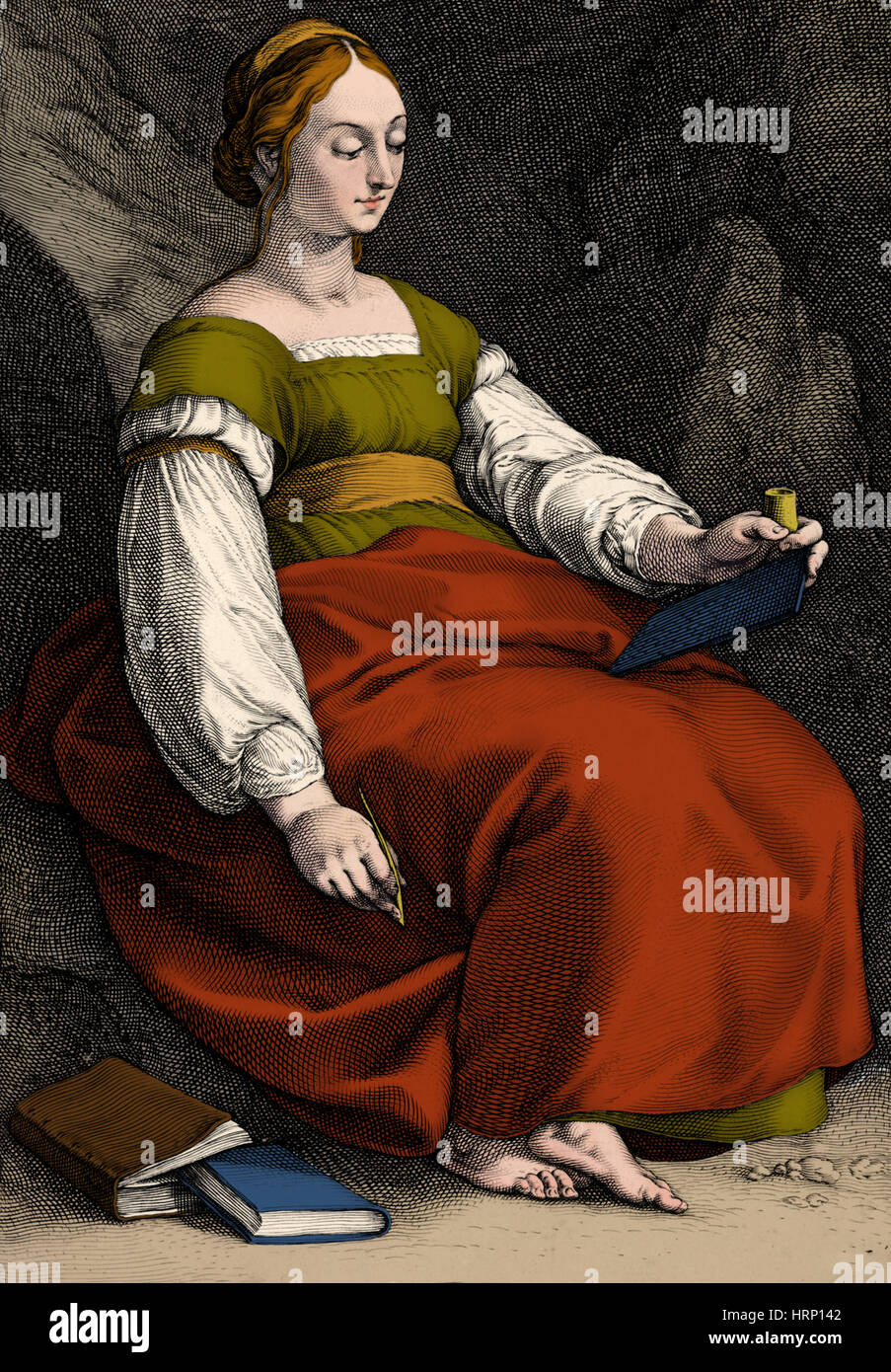

The poem’s setting is the manor house at the heart of a former lime plantation. In only about 50 lines, it shows how Walcott reworked tradition and reflected on the legacy of colonialism. While Omeros has gotten most of the headlines, a shorter and much earlier poem, 1956’s Ruins of a Great House reveals some of the abiding concerns of Walcott’s work in a more condensed way. Omeros was published shortly before Walcott won the Nobel Prize in 1992, and, at least if last month’s obituaries are to be believed, will go down as a landmark piece in his poetic oeuvre. This enterprise of poetic fusion reached a peak in perhaps his most famous work, Omeros, a reworking of Homer that loosely follows the terza rima verse form used by Dante Alighieri in The Divine Comedy. He combined allusions to classical myths with descriptions of the landscape of his native Saint Lucia, and he incorporated quotations from countless European authors in his works. He fused the iconography of the Americas and of Europe in order to create a hybrid poetry. Reconciliation was one of Walcott’s great tasks as a poet. He also taught at a number of institutions, including Boston University (where I now teach, though I didn’t know Walcott personally). Celebrated for his verse and his plays, he won the Nobel Prize in Literature, a MacArthur ‘genius’ grant, an Obie award, and countless other prizes. Born on the Caribbean island of Saint Lucia, Walcott became a literary voice known throughout the globe. In March, the acclaimed poet Derek Walcott died at the age of 87. My thanks to both for being able to republish on Pandaemonium. Finan’s essay explores uses Ruins of a Great House to explore Walcott’s central themes, and his significance. This essay about Walcott’s poem Ruins of a Great House was written by the critic and lecturer E Thomas Finan, and published on the wonderful literature site The Millions. And in A Far Cry from Africa, he asked ‘Where shall I turn, divided to the vein? / I who have cursed /The drunken officer of British rule, how choose / Between this Africa and the English tongue I love? /Betray them both, or give back what they give?’ His answer to that final question was clear. In his poem The Star-Apple Kingdom, he described his intellectual and social inheritance and identity as that of having ‘Dutch, nigger, and English in me, / and either I’m nobody, or I’m a / nation’. What is called the ‘Western canon’, he was adamant, was his inheritance, too, and his to interpret and shape and develop. Walcott insisted on placing the Caribbean and Caribbean writing within a much wider intellectual tradition, insisting that Homer and Dante and Shakespeare belonged to him as much as they did to any European.

Central to his work was a reckoning with the legacies of colonialism, but from a perspective that today is often derided, even seen as reactionary by some. In March, the great Caribbean poet Derek Walcott died.


 0 kommentar(er)
0 kommentar(er)
